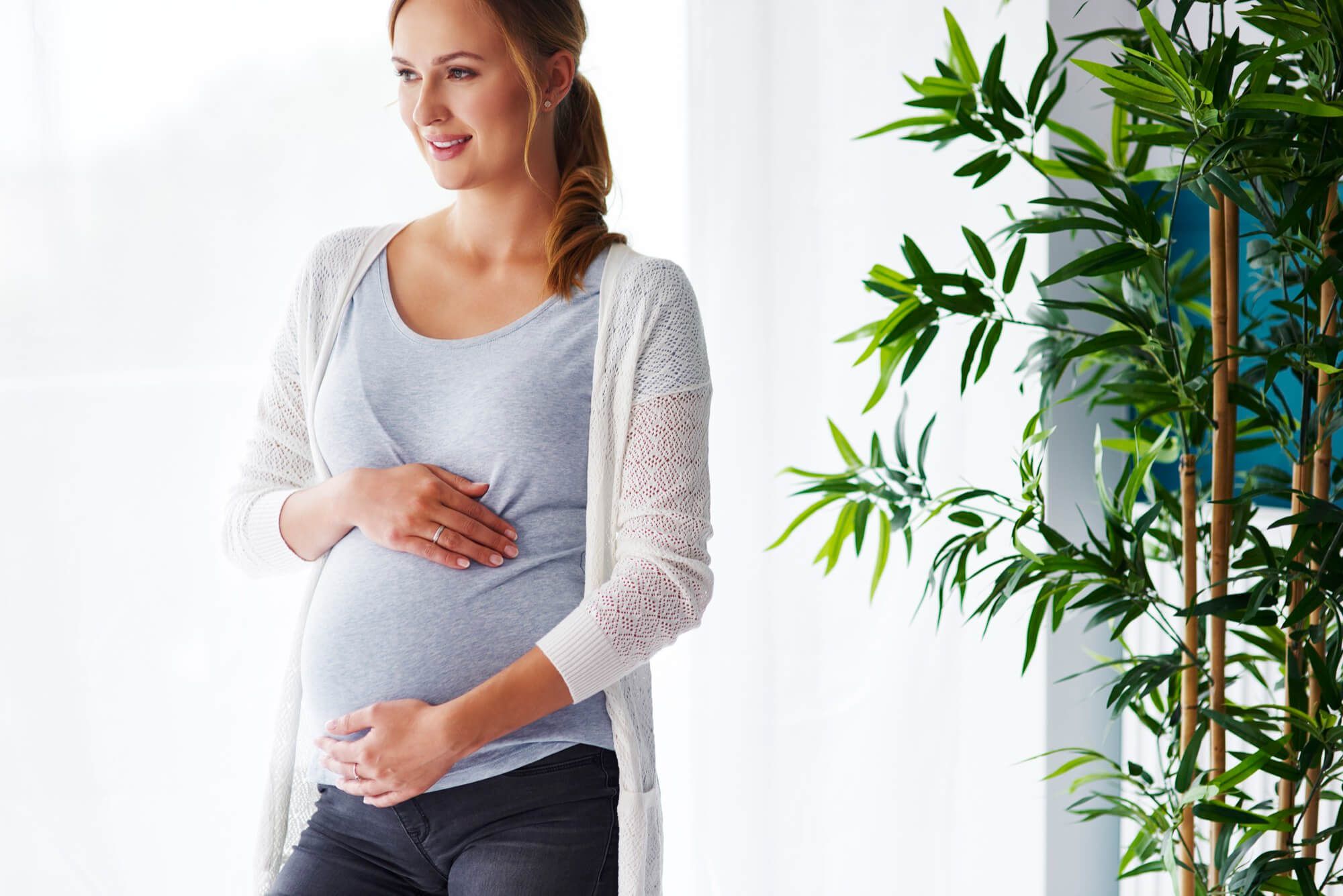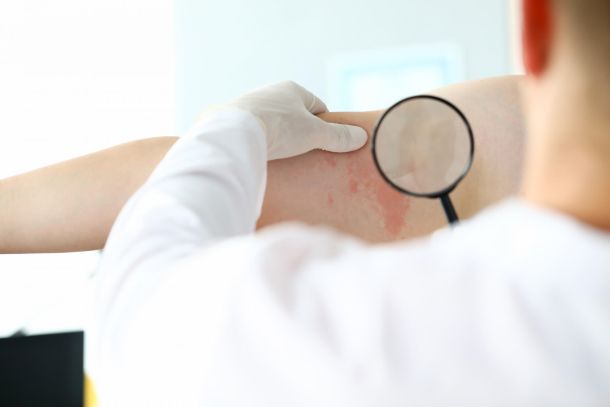Urticaria in pregnancy: tips for expectant mothers


Eva Zakharova
Urticaria in pregnancy is a condition that some women may experience. Moreover, urticaria in pregnant women can occur for a variety of reasons, including changes in the immune system and reactions to certain foods or substances.
Causes of urticaria
At the heart of urticaria is an allergic reaction. It can be caused by various factors, including foods (such as seafood, eggs, nuts), medications, contact with certain substances (such as latex), and stress. Pregnancy can increase the body's response to these irritants.
Symptoms of urticaria in pregnancy
Urticaria usually appears as a red, itchy rash on the skin. The rashes may appear and disappear, and their prevalence may vary. In rare cases urticaria may cause swelling of the lips, eyes, or face, requiring immediate medical attention.
Effects of urticaria on pregnancy and the baby
In most cases, urticaria does not pose a direct threat to pregnancy, but its symptoms can cause considerable discomfort. In rare cases, severe urticaria may cause respiratory edema, which can be potentially dangerous to health.
There is currently no direct evidence that urticaria in pregnancy can negatively affect fetal development. It is important to remember that the best way to ensure the health of the baby is to take care of the health of the mother.
Methods for treating and preventing urticaria in pregnancy

How to treat urticaria in pregnancy? Here are some simple and natural recommendations.
Revise your diet and eliminate possible food allergens. The goal is to reduce the number of possible irritants and reduce the likelihood of hives. Pregnant women should see a nutritionist for a suitable diet plan.
The simplest way to prevent hives is to avoid contact with known allergens. If you know that certain substances cause you an allergic reaction, try to minimize contact with them.
Medical treatments
Medical treatment for urticaria in pregnant women usually includes the use of antihistamines. Some, such as Loratadine and Cetirizine, are usually considered safe during pregnancy, but a doctor should be consulted before taking any medication.
In some cases, anti-allergy ointments and creams, such as Fenistil or Panthenol, may be helpful. They help to soothe the skin and reduce the itching that usually accompanies hives.
When to get medical help
If you have symptoms of urticaria, you should see your doctor. If you have difficulty breathing, swelling of the face or throat, or if the rash spreads very quickly, you should seek medical help immediately.
In conclusion, hives in pregnancy is a fairly common condition that can cause discomfort. It is important to remember that having hives is not a direct threat to the baby's development, but taking care of your health is one of the best ways to take care of your future baby's health. In case of any symptoms or doubts, be sure to contact your doctor or allergist. Timely and proper treatment can help reduce discomfort and improve your well-being during this special time in your life.
New materials
Popular Articles
We recommend reading
Contact us in the Contact Us section to ask questions, offer ideas, or for more information about our allergy resource.
Our articles are your trusted source of allergy knowledge. Learn how to make life with allergic reactions easier on our specialized portal.
©
Lechenie-Allergii.com. All rights reserved.
© Lechenie-Allergii.com. All rights reserved.
The information on this site is for informational purposes only and is not a substitute for professional medical advice. We recommend consulting with qualified medical professionals for accurate information and advice.
 English
English  Українська
Українська  Русский
Русский 









